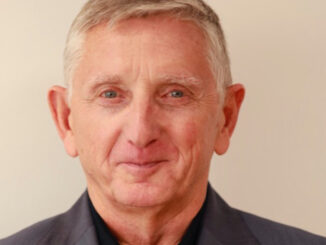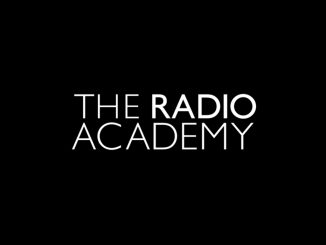
Sydney radio personalities return from leave to cover Bondi shootings
Our friends at Radioinfo in Australia have reported on how radio reacted to the Bondi shooting, including Christian O’Connell dropping his show plan for the day.
Steve Ahern writes:
With the end of ratings last week, most breakfast radio teams were scheduled to be on leave from today, but some Sydney breakfast presenters have delayed their holidays, returning to air this morning to cover last night’s Bondi shooting.
Talk radio stations were the first to go live last night as the attack on a Bondi Beach Hanukkah gathering took place just before 7pm. The ABC Listen app flashed an alert just before 9pm last night as ABC News Radio and the Sydney newsroom moved into live coverage.
2GB’s Ben Fordham returned to air this morning, along with the station’s news and production teams to cover the Bondi shootings. Fordham played a number of interviews with eye witnesses recorded by 2GB reporters at the scene around Campbell Parade. Fordham was ahead of the official death toll count, broadcasting that the number of people killed had risen to 16 this morning, a figure confirmed later by police.
As the morning progressed some 2GB talkback callers were critical of the Prime Minister’s response with divisive politicised comments. Anthony Albanese condemned the terror attack as an “act of evil antisemitism,” declaring the nation will never submit to “division, violence or hatred.”
ABC Radio Sydney’s Hamish McDonald went to Bondi overnight and is there this morning reporting into the ABC Sydney breakfast show, hosted by summer fill in Chris Taylor. ABC NewsRadio was taking audio from ABC tv’s news breakfast show in the early morning timeslot. As the morning preogressed, talkback callers to ABC Radio Sydney expressed support for the victims and a sense of solidarity against terrorism.
National current affairs program AM has full coverage of the attack with reporters and eye witnesses from the scene. After AM, the new drive presenter Thomas Oriti will present mornings, with local programming all day. Hamish Macdonald is at Bondi with an OB kit and will report into local programs during the day, with Jemima Huston field producing his reports.
The new Gold 101.7 Christian O’Connell show, scheduled to be a ‘getting to know you’ compilation program, instead switched into live mode with O’Connell taking calls from listeners expressing sorrow and solidarity with the victims and the Jewish community. The same show was not heard in Melbourne.
O’Connell opened the show saying: “This week we were hoping to get to know each other, but I’m sorry to get to know you this way…It didn’t feel lilke it was happening here in Sydney Australia… Today’s show is a show of hope and support.” O’Connell’s regular news presenter Patrina Jones is presenting the bulletins.
In an unfortunate music programming twist, the first song before that opening was Bruce Springsteen’s Dancing in the Dark, with the lyrics “This gun’s for hire, even if we’re just dancing in the dark.”
In contrast, smooth FM’s playlist appears to have been adapted to the tragic event with summer breakfast presenter Byron Webb playing songs such as Bob Marley’s One Love and Olivia Dean’s Nice to Each Other and handling the tragedy with low key sensitivity. “We’re a little more gentle about our song choices today,” said Webb.
2HD’s Richard King is covering the shooting from Newcastle from time to time, with his program networked into Sydney’s 2SM. The station’s news director Dianne Coveny-Garland has been in Bondi all night and, after giving early morning reports to Richard King, said she will take a quick break to rest and be back with more coverage later this morning. A major feature in the networked show this morning is not the Sydney attack, appears to be a prerecorded sequence of Xmas songs with guests in the studio.
Other music stations were mostly playing their normal music playlists, with some appearing to be pre-recorded with ‘best of’ holiday compilations and music, the only mention of the terrorist attack being in the transport reports. Triple M’s pre-recorded Pilot Week show did not air in Sydney, with local presenters Cat and Woodsy on air with music and Sydney coverage.
Two gunmen, a father and son, opened fire on the Jewish holiday event last night as the evening was cooling after a hot summer day. 16 people have died, including one of the gunmen and about 40 people are being treated for injuries in hospital. The other gunman was disarmed by a member of the public and is now in custody. The incident has been declared a terrorist attack.
Story from Radioinfo.com.au here.
#mc_embed_signup{background:#fff; false;clear:left; font:14px Helvetica,Arial,sans-serif; width: 600px;}
/* Add your own Mailchimp form style overrides in your site stylesheet or in this style block.
We recommend moving this block and the preceding CSS link to the HEAD of your HTML file. */ […]




